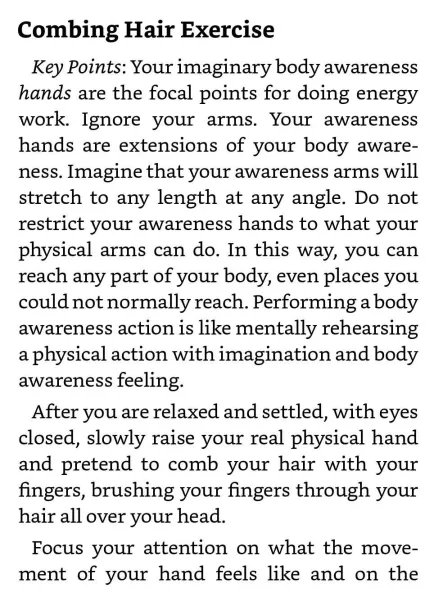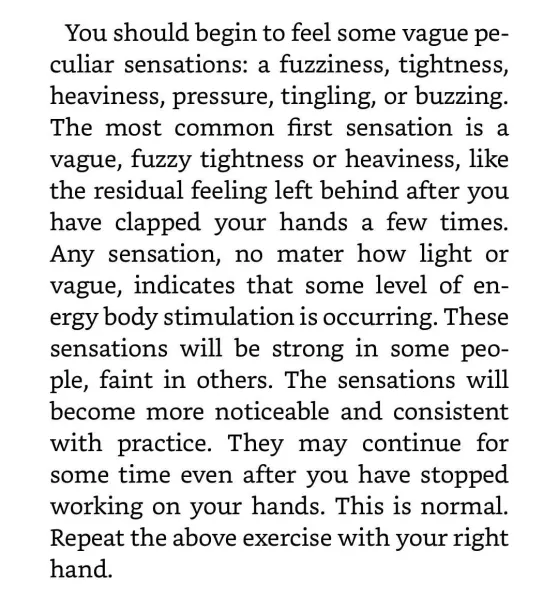Occasionally I see people doing what I think of as the "Haters Gonna Hate Fallacy".
The HGHF says something like: "People are going to misinterpret you no matter how carefully you word things. Therefore, there's no point wasting time to carefully word things."
The HGHF says something like: "People are going to misinterpret you no matter how carefully you word things. Therefore, there's no point wasting time to carefully word things."
An example:
"I think [term X] in your post is going to cause misunderstandings, I'd suggest phrasing it differently."
"Oh, haters are gonna hate, there's no amount of rephrasing that's going to prevent this from being misinterpreted if people want to."
"I think [term X] in your post is going to cause misunderstandings, I'd suggest phrasing it differently."
"Oh, haters are gonna hate, there's no amount of rephrasing that's going to prevent this from being misinterpreted if people want to."
Now there's obviously a grain of truth in this. It *is* impossible to phrase something in a way that would always be interpreted correctly, and for pretty much any message there *are* people who are hostile to it and who will twist it in the most uncharitable possible way.
The fallacy is in assuming that if you cannot avoid *all* misunderstandings, there is no point in avoiding *any* misunderstandings. Maybe 5% of your audience will dismiss the message no matter what, but 30% will dismiss the old phrasing while being receptive to the new phrasing.
This is most obvious if you take it to an extreme.
"Hey maybe you shouldn't start your essay by saying that all of your readers are idiots who deserve to be shot."
"Eh, if that upsets them then they wouldn't like me explaining the theory of general relativity anyway."
"Hey maybe you shouldn't start your essay by saying that all of your readers are idiots who deserve to be shot."
"Eh, if that upsets them then they wouldn't like me explaining the theory of general relativity anyway."
Communication is hard and - importantly - contextual. Most of your readers will be reasonable people and assume you to use words to mean things they're used to them meaning. If they're used to word X being used differently than how you mean it, that doesn't make them haters.
When I've fallen into something like the fallacy myself, it has often been motivated by an unwillingness to put in work. Other people should just understand me right away! "It's beneath me to waste my time on doing other people's interpretative work for them!"
It's dangerous to psychoanalyze others, but I have seen at least one person communicate unclearly, have that pointed out to them, then argue for why it was *right* for them to be unclear... only to later on admit that they were *enjoying* the frustration of being misunderstood.
Now avoiding misunderstandings *is* a lot of work, and it's totally valid not to bother! It's alright to just focus on a particular target audience who understands you. I'm not saying that you *should* always put in maximal effort into being understood - I certainly don't.
But I do suggest owning up to it if you are *choosing* to write something in a way that is going to cause misunderstandings that could have been avoided.
• • •
Missing some Tweet in this thread? You can try to
force a refresh













